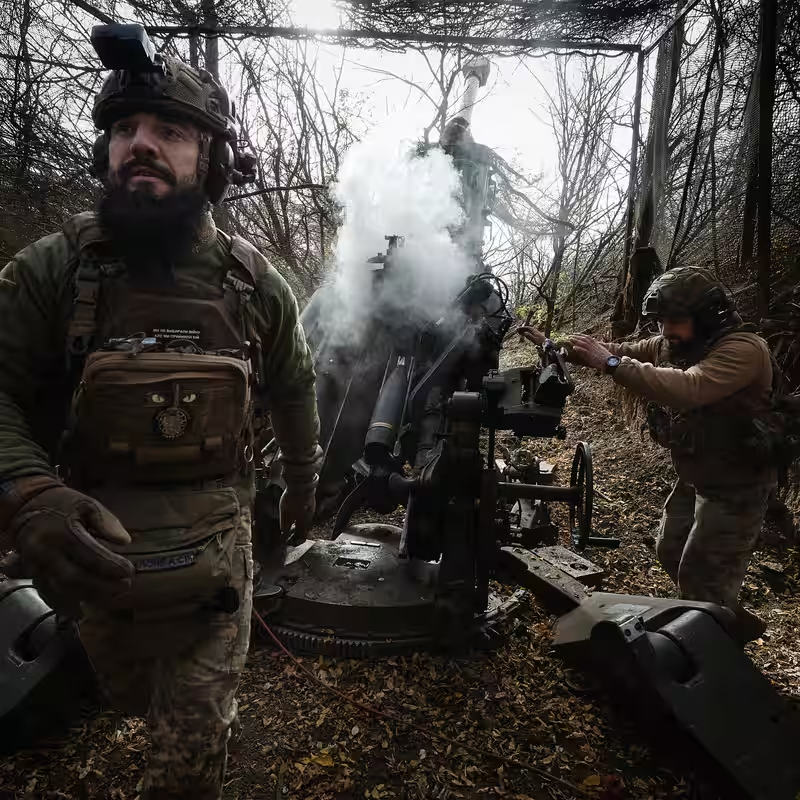Europe Doubles Down on Ukraine as Trump Sanctions Bite
In a pivotal week for transatlantic diplomacy, European leaders have pledged sustained financial and military support for Ukraine—building on unexpected momentum from former U.S. President Donald Trump’s latest sanctions against Russia.
A Surprising Shift from Trump
While few anticipated renewed U.S. pressure on Moscow under Trump, his administration’s decision to impose sanctions on Russia’s energy giants—Lukoil and Rosneft—has created a rare window of alignment between Washington and Brussels.
These sanctions are expected to significantly erode Russian oil revenues over time, offering Kyiv a much-needed strategic advantage as the war enters its fourth year.
Europe’s Bold Two-Year Commitment
Seizing the moment, EU leaders announced on Thursday a sweeping two-year funding pledge to cover Ukraine’s financial and defense needs. The commitment comes amid growing concerns that without predictable support, Ukraine’s ability to resist Russian advances could falter.
However, financing this promise remains a major hurdle. With national budgets already strained by inflation, energy crises, and aging populations, European capitals are scrambling for innovative solutions.
The Frozen Assets Dilemma
One controversial proposal—using frozen Russian central bank assets as collateral for a massive loan to Ukraine—has hit a roadblock. Belgium, citing legal liability concerns, blocked the plan for now. But EU officials insist talks will continue.
“If we can unlock even a fraction of those $300 billion in immobilized assets,” said one senior EU diplomat, “it could transform Ukraine’s war economy without further burdening taxpayers.”
Will It Be Enough?
Analysts remain cautious. While Europe’s persistence is commendable, many doubt these measures alone can force Vladimir Putin to the negotiating table—or even secure a rapid ceasefire, as Trump has demanded.
“Sanctions hurt, but they don’t win wars,” said Dr. Elena Markova, a geopolitical strategist at the Berlin Institute for Security Policy. “Ukraine still needs consistent artillery, air defense, and intelligence support—and that requires U.S. engagement.”
Transatlantic Tensions Linger
Trump’s refusal to seek new congressional funding for Ukraine has left European allies in a bind. They now face the unenviable task of filling a gap once covered by bipartisan American support.
Still, European leaders express cautious optimism. Their repeated private appeals to Trump appear to have yielded at least temporary results. “We’ll support Ukraine with or without Washington,” said one EU official, “but we’d far prefer to do it together.”
What’s Next for Ukraine?
The coming months will test both Europe’s fiscal resolve and its strategic unity. With winter approaching and frontline conditions worsening, Kyiv’s survival hinges on whether promises translate into timely deliveries of weapons, cash, and diplomatic backing.
For now, Europe’s message is clear: Ukraine’s independence is non-negotiable—and worth every euro.




